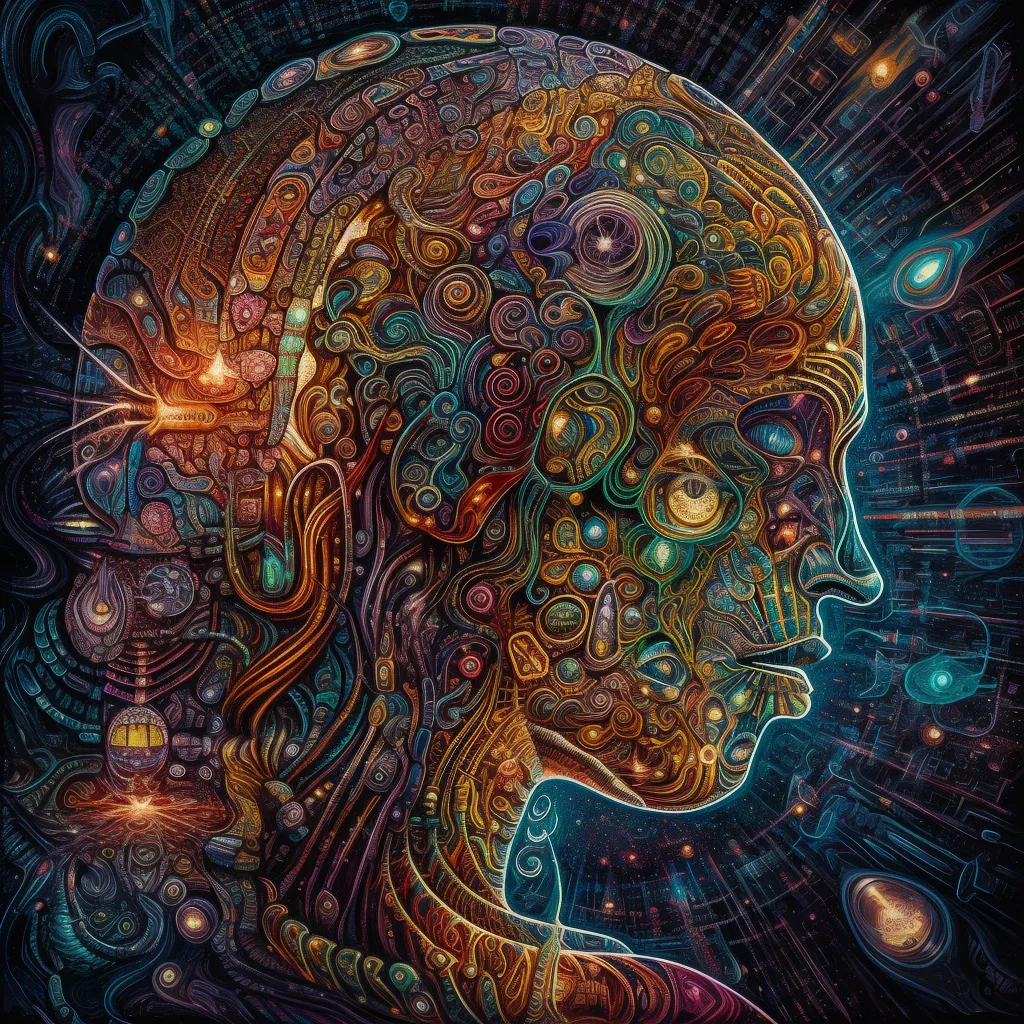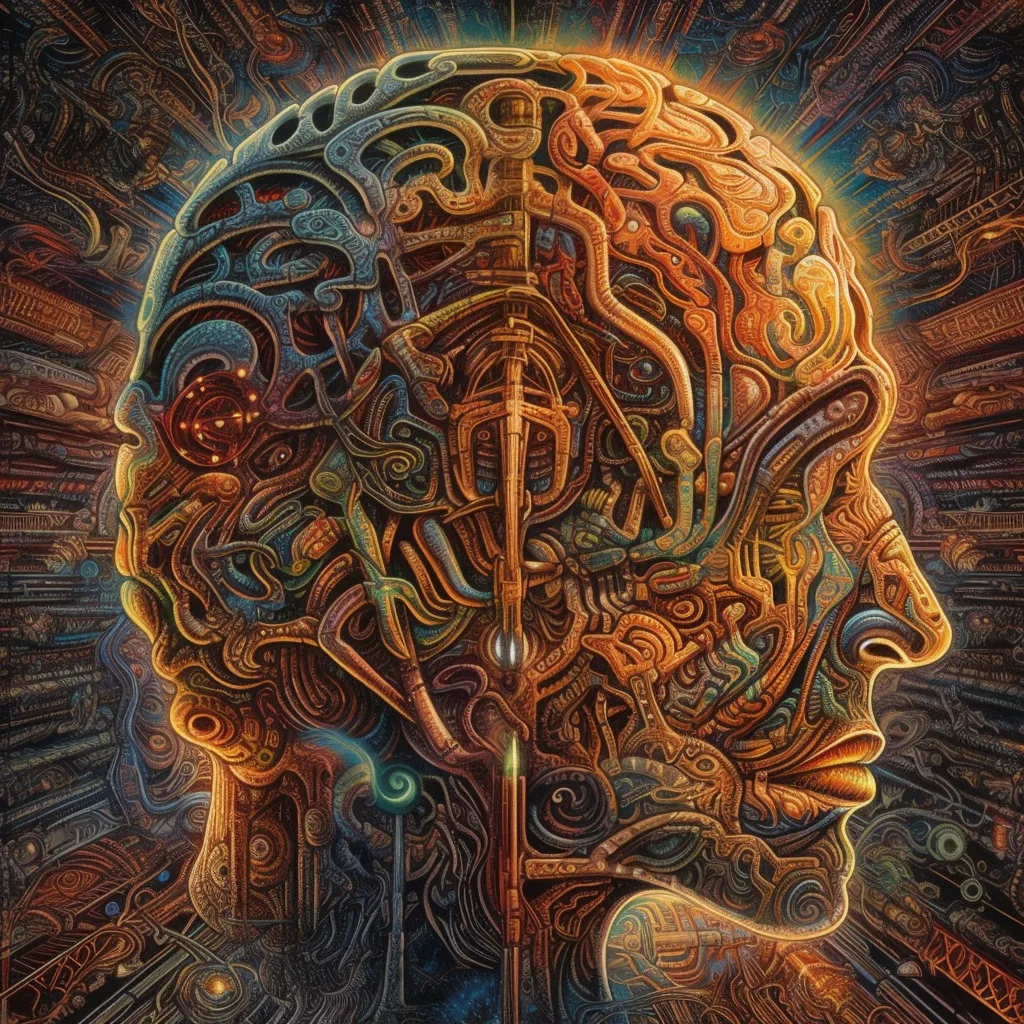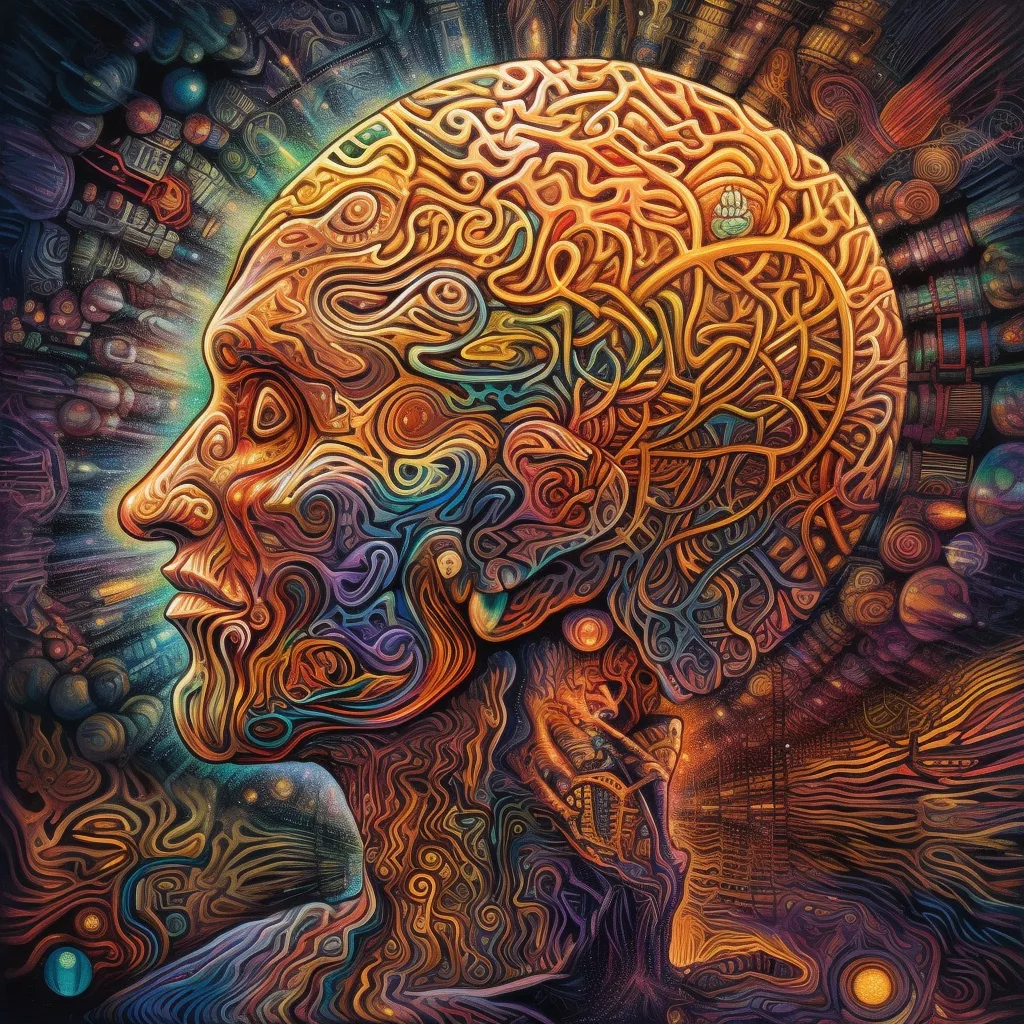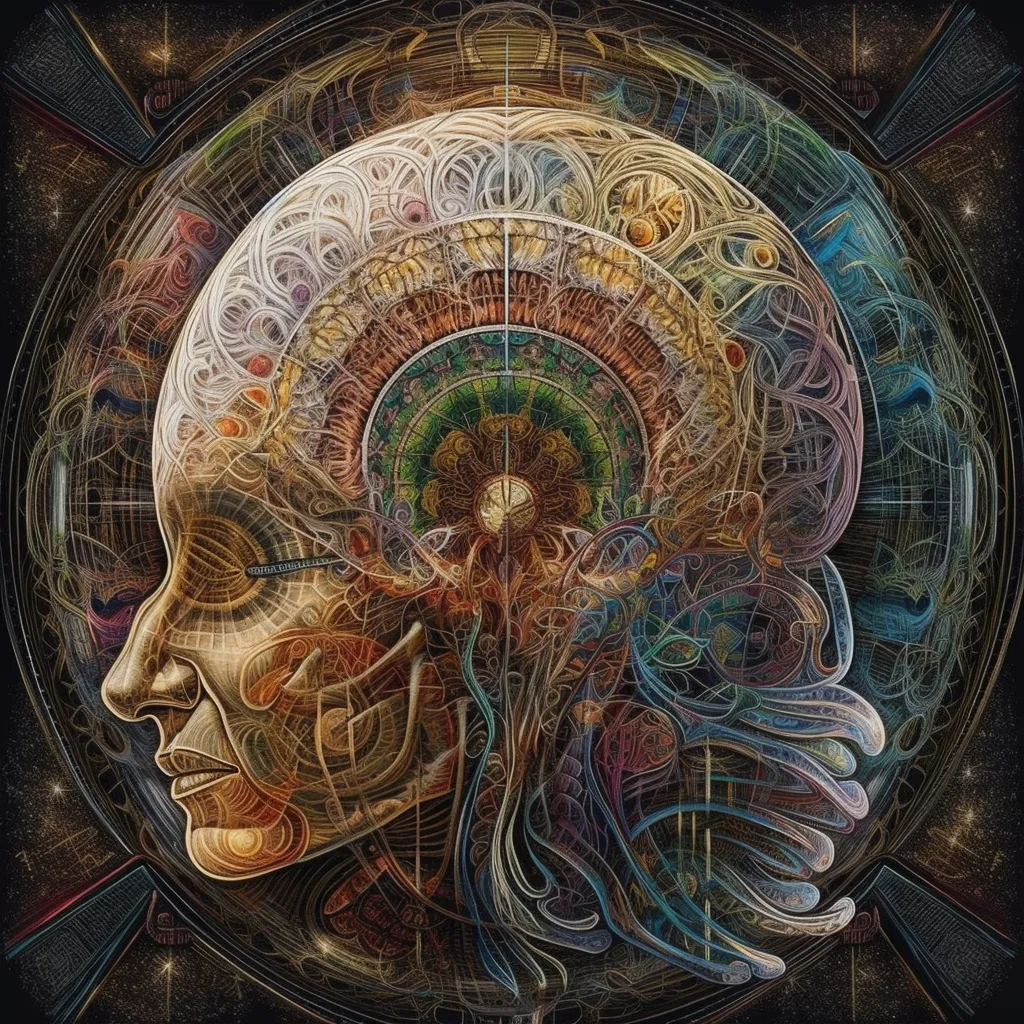
- March 15, 2024
- 86 Views
The Enigmatic Molecule: DMT and Its Compelling Effects on Consciousness

In the area of hallucinogenic compounds, few substances elicit as much allure and intrigue as dimethyltryptamine, or DMT. Often dubbed as the “spirit molecule,” DMT has enthralled the mind of scientists, spiritual pilgrims, and curious learners alike. Its powerful effects on consciousness have prompted a explosion of scientific exploration targeting unraveling the mysteries of this baffling substance.
Exploring the Neurological Mechanisms
At the leading edge of DMT research is the investigation of its influence on the human brain. Neuroscientists are investigating the intricate neurological mechanisms behind DMT’s effects, aiming to understand how it alters perception, cognition, and consciousness itself.
One key aspect of DMT’s action is its potent interaction with serotonin receptors in the brain. Serotonin, often called the “feel-good” neurotransmitter, plays a crucial role in regulating mood, perception, and cognition. By binding to specific serotonin receptors, DMT triggers a wave of neural activity, leading to profound alterations in consciousness.
Studies using advanced imaging techniques such as functional magnetic resonance imaging (fMRI) and positron emission tomography (PET) have provided valuable insights into the neural correlates of DMT-induced states. These studies show widespread changes in brain connectivity and activity, particularly in regions related to introspection, self-awareness, and emotional processing.
Exploring Different States of Consciousness

DMT’s ability to induce altered states of consciousness has been likened to entering a dimension of kaleidoscopic visions, profound insights, and mystical experiences. Researchers are intrigued by the parallels between DMT-induced states and those reported in various religious and spiritual traditions, suggesting that DMT may offer a window into the nature of consciousness itself.
One theory posits that DMT may act as a catalyst for accessing non-ordinary states of consciousness, allowing individuals to experience realms beyond the constraints of everyday perception. These experiences, often described as “breakthroughs,” can be profoundly transformative, leading to shifts in worldview, enhanced creativity, and a greater sense of interconnectedness.
The Therapeutic Potential of DMT

Beyond its role as a tool for exploring consciousness, DMT holds promise as a therapeutic agent for treating a range of mental health conditions. Preliminary research suggests that DMT-assisted therapy may be effective in alleviating symptoms of depression, anxiety, and post-traumatic stress disorder (PTSD).
One proposed concept involves DMT’s capacity to promote cerebral plasticity, the brain’s potential to rearrange and form new neurological connections. By facilitating neuroplastic processes, DMT may aid individuals conquer entrenched trends of thought and behavior, leading to lasting curative benefits.
Moreover, DMT’s significant psychotherapeutic effects may arise from its ability to induce phases of ego dissolution, allowing patients to transcend limiting beliefs and access deeper layers of the psyche. This breakdown of the ego can nurture feelings of unity, compassion, and interconnectedness, which are crucial for healing and personal growth.

Conclusion: Embarking into the Essence of Consciousness
As our understanding of DMT continues to evolve, so too does our appreciation for its profound impact on the human brain and psyche. From unraveling the intricate neurological mechanisms to exploring its therapeutic potential, DMT represents a gateway to uncharted territories of consciousness.
As we go deeper into the science of DMT, we may unlock new insights into the nature of reality, consciousness, and the human experience. Whether used as a tool for self-exploration, a catalyst for therapeutic healing, or a subject of scientific inquiry, DMT invites us on a journey into the essence of consciousness, where the mysteries of the mind await to be discovered.